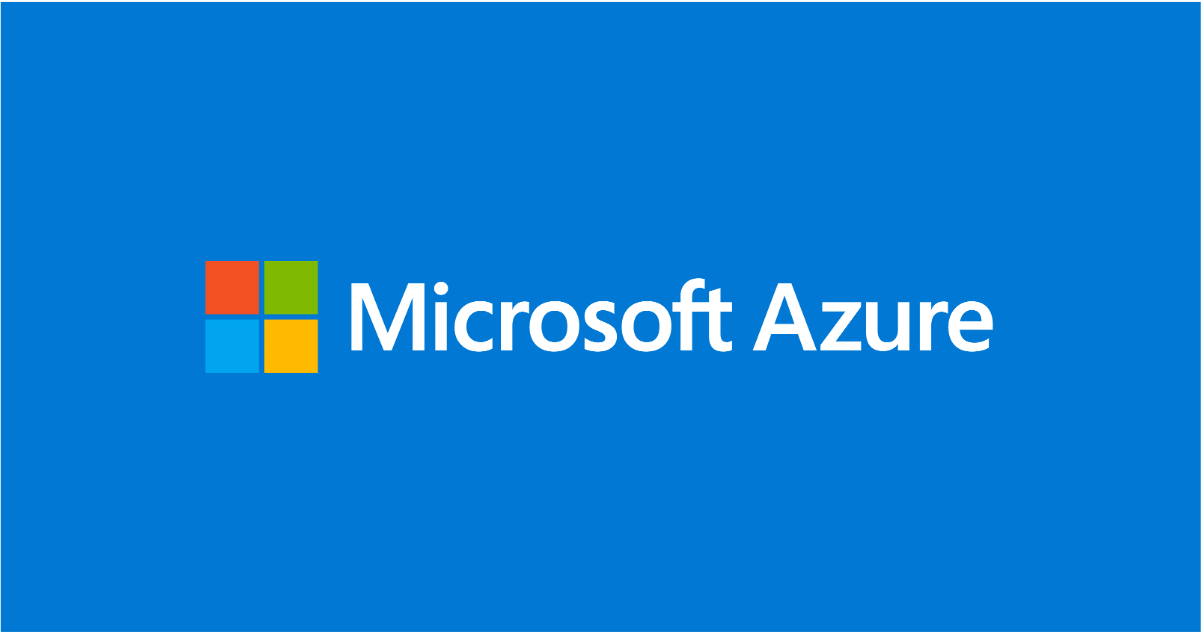How to copy all Azure Storage Queue data between two different Storage Accounts with Python

Background
This article describes how to copy all Azure Storage Queues data between two different storage accounts.
For this, we will use Azure Storage SDK for Python to copy all queues (and the respective data) from one Azure Storage Queue to another Azure Storage Queue. This approach will keep the data in the source queues, and will create new queues with the respective data in the destination Azure Storage Queue.
This script was developed and tested using the following versions but it is expected to work with previous versions:
- Python 3.11.7
- azure-identity (version: 1.15.0)
- azure-storage-queue (version: 12.9.0)
Approach
In this section, you can find a sample code to copy all queues data between two Storage Accounts using the Azure Storage SDK for Python.
This Python sample code is based on Azure Storage SDK for Python. Please review our documentation here Quickstart: Azure Queue Storage client library for Python.
-
- azure-identity (more information here azure-identity · PyPI). To install, please run:
pip install azure-identity - azure-storage-queue (more information here azure-storage-queue · PyPI). To install, please run:
pip install azure-storage-queue
- azure-identity (more information here azure-identity · PyPI). To install, please run:
Please see below the sample code to copy all the queues data between two Azure Storage Accounts using the storage connection string.
Special note: Only queues that do not exist with the same name in the destination Storage Account will be copied.
After executing this sample code, it is expected that you will find all the queues from the source Storage Account in the destination Storage Account, as well as the data/messages from those queues.
Disclaimer:
- These steps are provided for the purpose of illustration only.
- These steps and any related information are provided "as is" without warranty of any kind, either expressed or implied, including but not limited to the implied warranties of merchantability and/or fitness for a particular purpose.
- We grant You a nonexclusive, royalty-free right to use and modify the Steps and to reproduce and distribute the steps, provided that. You agree:
- to not use Our name, logo, or trademarks to market Your software product in which the steps are embedded;
- to include a valid copyright notice on Your software product in which the steps are embedded; and
- to indemnify, hold harmless, and defend Us and Our suppliers from and against any claims or lawsuits, including attorneys’ fees, that arise or result from the use or distribution of steps.
Published on:
Learn moreRelated posts
New Secure Boot update resources for Azure Virtual Desktop, Windows 365, and Microsoft Intune
New documentation is now available to help IT administrators prepare for Secure Boot certificate updates and manage update readiness across vi...
Azure DocumentDB: A Fully Managed MongoDB-Compatible Database
Running MongoDB at scale eventually forces a trade-off: invest heavily in managing your own infrastructure or move to a managed service and ri...
Azure SDK Release (February 2026)
Azure SDK releases every month. In this post, you'll find this month's highlights and release notes. The post Azure SDK Release (February 2026...
Recovering dropped tables in Azure Databricks with UNDROP TABLE
Oops, Dropped the Wrong Table? What now? We’ve all been there: you’re cleaning up some old stuff in Databricks, run a quick DROP TABLE… and su...
Azure Developer CLI (azd) – February 2026: JMESPath Queries & Deployment Slots
This post announces the February 2026 release of the Azure Developer CLI (`azd`). The post Azure Developer CLI (azd) – February 2026: JM...
Improved Python (PyPi/uvx) support in Azure MCP Server
Azure MCP Server now offers first-class Python support via PyPI and uvx, making it easier than ever for Python developers to integrate Azure i...
Microsoft Purview: Data Lifecycle Management- Azure PST Import
Azure PST Import is a migration method that enables PST files stored in Azure Blob Storage to be imported directly into Exchange Online mailbo...